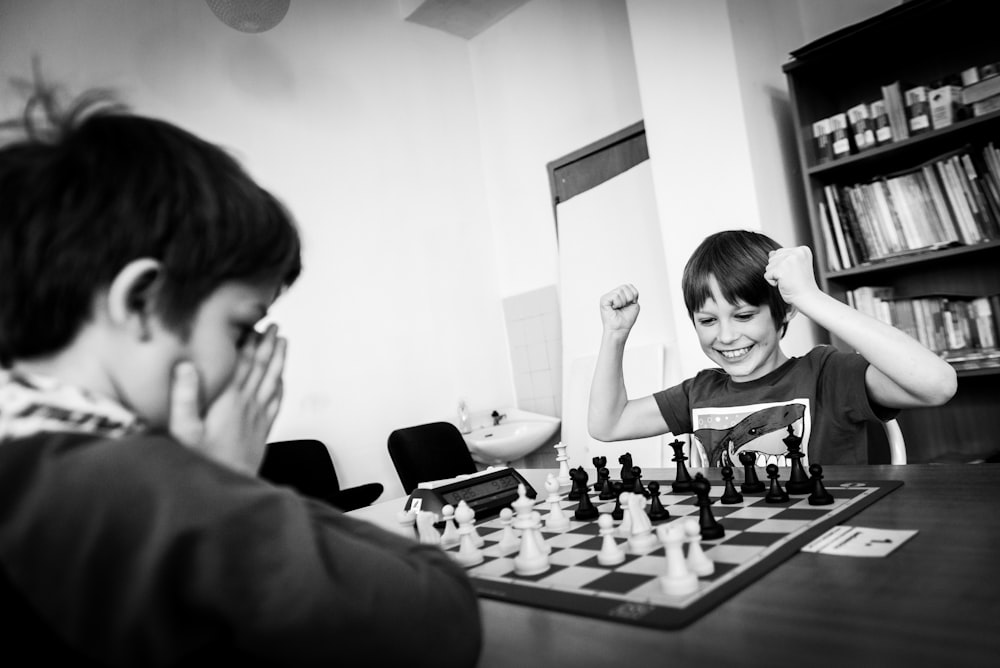As you ask yourself how will you start your game design career, one common advice given is to make your first game. To follow such advice, it will require a game idea. This article aims to help you forge such an ideia by detailing how I did it.

Intro
Video games are an extraordinary medium for creativity, some games are able to convey a wide range of emotion while others challenge their players to hone their skills as much as possible. Thanks to our inventive nature, many are drawn towards being the creative mind behind the game. Once the desire to design a game has taken root, you will probably ask yourself "How do I start?". As I ask more experienced developers aforesaid question, the common suggestion I heard was "Make your first game". And when they say "make", they don't just mean create a Game Design Document with your idea, they mean go through all phases of game development, from conceptualization to deployment and updates.
Every game needs a concept, an idea from where everything in it will spawn from. With this article I wish to help you shape an idea to pursue on your first go at Game Design by detailing why I chose an existing popular game as the basis of my first project. Regardless, you may already be set on what you want to create, in that case, you may keep reading as to familiarize yourself with possible hurdles that may come in your way.
My Suggestion: Choose a fun popular game
My suggestion to help you take such an important step toward a Game Design career is, to put it simply, choose a popular game as the foundation of your first attempt at going from game conception to game release. And when I write popular games, I mean it in the most broad way possible. Thanks to the current state of game development technology, almost any game can be made into a video game. Be it card games, board games, video games, dice games, sports games and etc. One example is Werewolves Within (2016) from Ubisoft, a video game based on the party game Werewolf (or Mafia 1986). Despite the close resemblance to the source material, their use of VR technologies enhances the experience of playing the original game and makes the video game play sessions unique, allowing both games to coexist without one making the other obsolete, as the original game can be played without peripherals.
As you can see, the practice of picking a popular game and creating a video game built on top of those mechanics is not an amateur or outdated way of creating games. Big game companies still apply it to great success. You don't need a complex and difficult process to arrive at your first game idea, just choose a popular game that you think is fun. But why should you base your first game on an existing game and not a completely original idea?
One of the most challenging questions you ask yourself while trying to come up with an idea for a game is "Is this game fun?". To answer this fundamental query, time and multiple interactions are needed when working with innovative ideas. When facing aforesaid hurdles, there are dangerous pitfalls where one can fall and get stuck infinitely iterating upon an idea or dealing with an artist's block for your first game. Despite having to deal with this challenges one time or another, you may choose to tackle them having a finished game under your belt. If that's your preference, the use of a popular game as your first basis will allow you to circumvent the full force of the dreadful "Is this game fun?" question.
Simple and Predictable Scope
Besides their "fun factor ", a great deal of popular board games of old have survived the test of time thanks to, in part, a simple set of rules. Despite being a complex game to master, one can easily explain how a game of Chess is played. It's complexity comes from playing your opponent and all possible plays one can make. Battleship, on the other hand, is good example on how a simple game with simple set of rules can also produce a fun and everlasting game. Such simplicity greatly aids anyone who wishes to replicate both games. Since your first game will be the one who you will be working with the least amount of previous experience and your main focus is reaching the end of game development, aforesaid aid is incredibly appreciated.
Even though a set of rules may be simple, unpredicted game states can present themselves, which in turn can result in bugs and unexpected behavior inside a video game environment. A further advantage of choosing a popular game is how much that particular game has been played so far. After a good while, a popular game will hardly have any new game states to be discovered. Consequently, your scope will much easier to predict just by researching what possible game states your inspiration has. Once all game states are mapped, you can plan accordingly.
Team Understanding
As you start your team project, the only one who will understand your idea 100% is yourself. As such, one frequent demotivating factor for team members is the lack of vision of what they are building. Creating your first game on top of an existing game logic will facilitate explaining and allow work to be done with fewer inputs from you. On top of that, on-line tutorials are sure to exist, easing even further everyone's knowledge of what you are trying to achieve.
Another advantage is found regarding documentation. Which, in your first attempts, can be quite a demanding task. However, existing documentation on your base game and teammate's knowledge will assist you on creating a good and comprehensive document. In turn, documentation will help on keeping your vision concise and organized.
Your Own Creative Twist
Basing you first project on a popular game with known rules does, inherently, come with certain creative limitations. You won't be able to change game logic so much that it becomes unrecognizable. Doing so, will result in losing most benefits that comes for your first go in game development. On the other hand, the likelihood of such popular game in its simplest form already being available to play is high. Despite mirroring that game will teach much about game development, your job as Game Designer is not only to create games but to provide new and enticing experiences to players. As the core of your game mechanics is already defined, you will be able to focus your creative efforts on tackling the challenge of designing your own twist to make your game stand out.
Some twists may be simple and effective such as a charming and unique art style, others may be a more precise change on a specific aspect or mechanic. If you are not sure about what sort of twist you would like to invest in, make some micro games focussing on just one twist and ask your peers and friends to test it. Finally, once you decide what you'll do, make sure to flesh it out as much as possible. Aim to comprehend every scenario and aspect that your twist will impact.
Today: One year into development
At the time of writing, it's been one year since my friends and I started developing our game based on Truco, a card game quite popular in Brazil. After such time, I can attest to the advantages of choosing an idea already familiar to us. Very few misunderstandings came from my teammates not comprehending what our game was meant to do in terms of game logic. Explaining our game rules to friends and teammates, who did not know how to play Truco, was easier since most team members already knew how the original game was played. On account of most game states being already known from my previous experience of playing Truco, feature breaking and planning for Truco's mechanics was achieved with almost no revision. Looking back at our processes up until now, I can recognize that I was able to focus much more on game development process and challenges that come from it rather than refining what the first idea could be for that game. With such knowledge in hand, I'll be able to fine tune my next idea while taking in account all challenges faced by our team previously, where the idea was easily grasped.
As a final note, I wish to emphasize how important it was for me to like the game I was making. No amount of advantages compare to the thrill and happiness of seeing something you like evolve from your effort. Therefore, I wouldn't advise you to just choose a game you think it would be easy to do. Game development takes time and effort and those resources should only be spent on things you believe in. Good luck on your first game!
Read more about:
BlogsAbout the Author(s)
You May Also Like















